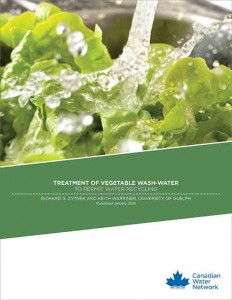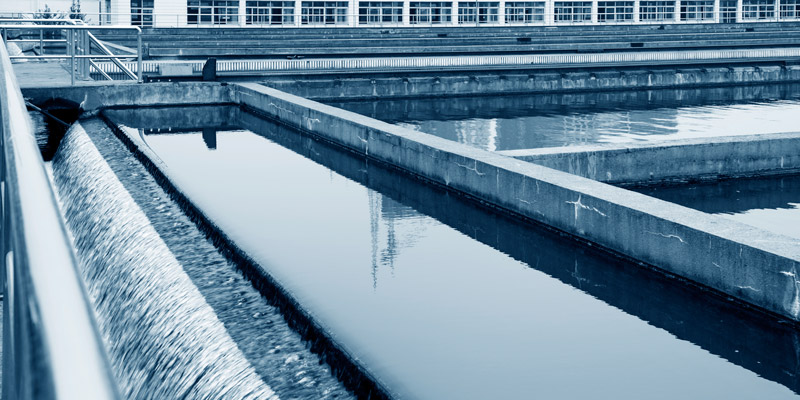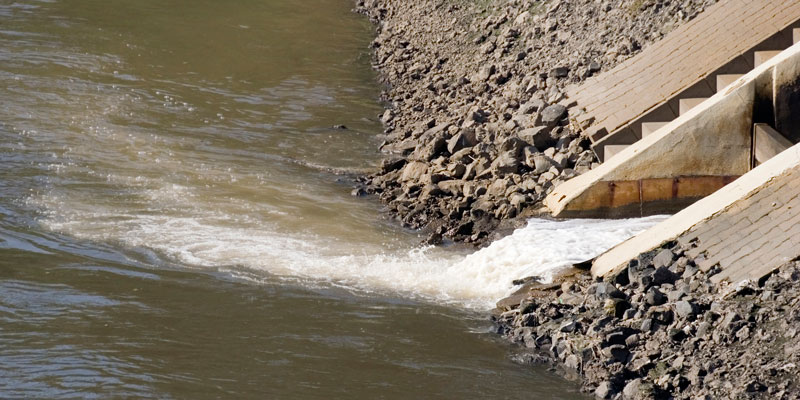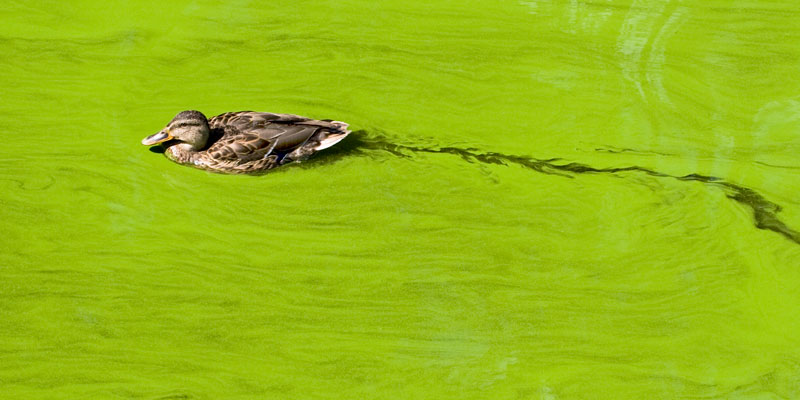Treatment of Vegetable Wash-water to Permit Water Recycling
Principal Investigator - Richard Zytner, Professor, University of Guelph, 2013 - 2014
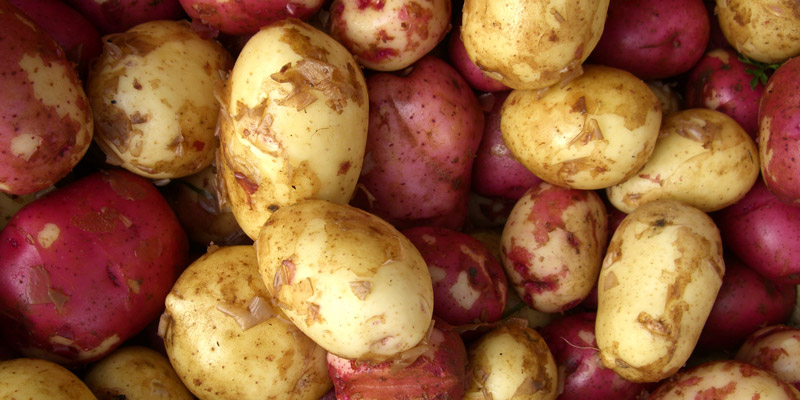
Challenge
Fruit and vegetable producers and processors are looking for cost effective solutions to reduce the volume of fresh water used in water treatment. But there is a dearth of information on how to treat wastewater generated during processing. Many of the existing technologies are adapted from other sectors, including domestic water and wastewater facilities, yet operational data specific to the fruit and vegetable sector is missing.
The proposed study builds upon the following initial project:
- Reducing the amount of process water needed to wash and peel vegetables by optimizing and implementing wash-water recycling [2011-2014], Zytner, School of Engineering, University of Guelph
The previous work identified available wastewater treatment technologies derived from vegetable processing, with a focus on root vegetables and leafy greens. Partnerships with the Ontario Ministry of Agriculture, Food, and Rural Affairs (OMAFRA) and the Center of Fresh Produce Safety (CPS) provided a basis to identify and develop water treatment technologies that could be applied in carrot and leafy green processing.
Many more types of wastewater exist, including that from potatoes, grapes, apples and a diverse range of leafy greens. Processing these diverse fruits and vegetables produces wash-water that has different characteristics from site to site. The end use of treated wash-water also varies, ranging from re-introduction into the processing system to sewer discharge. With so many variations and combinations, research is required to identify correct treatment technologies so that this knowledge can be extended to end-users.
The objective of the proposed study is to develop affordable, practical, wastewater treatment technologies for a diverse group of vegetables and fruit producers/processors.
Project
The first objective of this project is to characterize wash-water from a diverse group of vegetables and fruit producers/processors. Working in collaboration with end-users, five sites will be indentified that represent a wide variety of produce. Samples of wash-water will then be taken at these sites at different points within the processing activity for a total of five visits over a 12 month period to account for seasonal variation. The collected samples will be analyzed for water quality parameters that will include solid fractions, nutrient analysis, pH, and biological oxygen demand (BOD), among others. The results obtained will be used to identify the best treatment technology for practitioners to adopt.
At the end of the laboratory trials, pilot testing will begin at the collaborating partner facilities in order to evaluate treatment performance under commercial operating conditions. Through monitoring, adjustments can be made to the operations as required.
Finally, an important part of the project success is a cost-benefit analysis that considers water savings, system installation and environmental impact. The application of water treatment systems will be integrated into a complete water management system when calculating the analysis.
Vegetable and fruit producers/processors will be involved throughout the project through participation in sample collection activities, regular meetings and eventually pilot scale trials so findings can be applied to individual sites. There will also be two workshops conducted at 6 month intervals to allow sharing of findings and discussion of the results and application. Information on the research and its application will also be shared with the wider end user community through presentations at grower meetings.
By working with OMAFRA, there will be a direct connection to fruit and vegetable producers who are looking for wash-water options within their operations. This will make it possible to test a variety of wash-water sources to refine the results obtained. The identified solutions can then be implemented in the field, making it possible to disseminate the refined results to a large group of producers and processors, and improve the sustainable use of water in vegetable and fruit processing.
Outputs
The anticipated outputs include:
- Two workshops with partners and stakeholders conducted at 6 month intervals to allow dissemination and discussion of the results and their application.
- Presentations at winter grower meetings such as the Ontario Fruit and Vegetable Convention in February 2014 will provide avenues for dissemination to a broader group of stakeholders.
Outcomes
Anticipated outcomes include:
- Increased knowledge on technologies that can effectively treat wash-water for a variety of produce;
- Potential changes in practice related to the treatment of wash water; and,
- Potential changes in practice related to sustainable use of water in vegetable and fruit processing.


